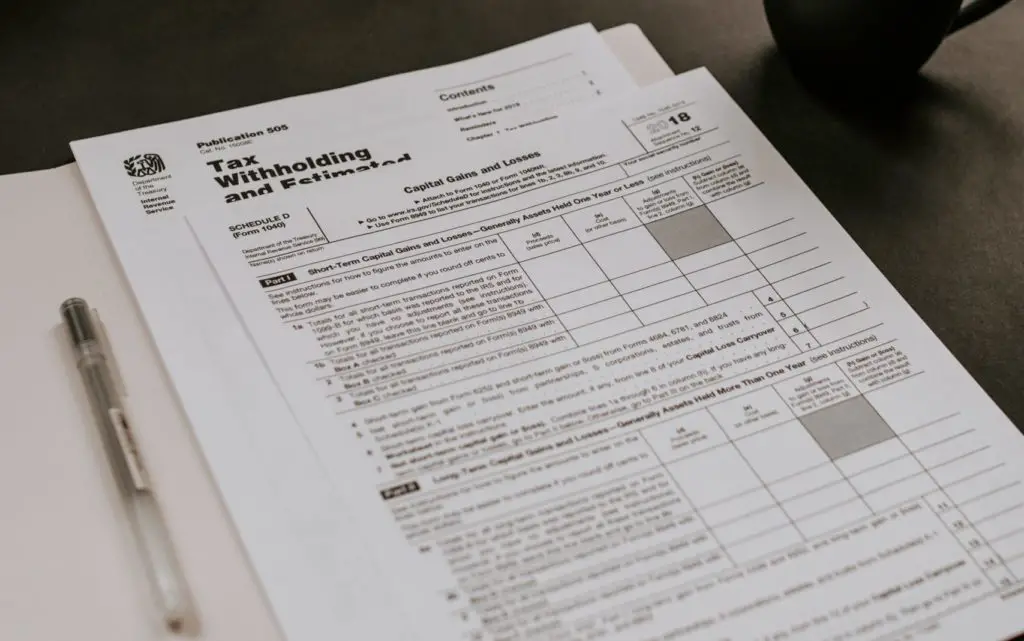The best way to keep track of your student loans is to check if they are adding or subtracting from your credit scores. You can check if student loans are adding points to your credit scores. If you want to know if student loans can get removed from your credit report, then you will have to wait until it gets removed after the grace period that is offered by student loan lenders. Let us know ‘What To Do If You Can’t Get Your Tax Refund?’.

Student loans used to be nearly impossible to remove from your credit report. Now, there are solutions on the market that can help you remove some or all of your student debt from your credit report in as little as 6 months.
Student loan debt is the single biggest type of consumer debt in today’s world. And believe it or not, student loans can be removed from credit reports. How is this possible? Well, if a student loan is discharged through a bankruptcy case and you have an agreement in place to pay back the loan, then the loan will be removed from all three of the biggest credit reporting agencies: Equifax, Experian, and TransUnion.
How to stop student loan tax garnishment?
- If you are experiencing a student loan tax garnishment, you can contact your loan servicer to discuss your options.
How can you avoid getting tax refunds in the future?
- 1. You must pay all of your taxes. If you can pay your taxes in full, you will avoid any collection activity that may be taken against you.
- 2. Keep good records. If you keep good records of your taxes, you will be able to prove your case if your tax refund is ever taken.
How student loans can impact your credit score?
- Student loans can impact your credit score in a few ways. If you have federal student loans, you may be able to enroll in programs that can help you repay your loans and improve your credit score. If you have private student loans, you may be able to consolidate your loans or refinance your loans to get a lower interest rate and improve your credit score.
The Tax Refund Offset?
- The program allows the federal government to deduct money from a tax refund to pay off debts the taxpayer owes.
- The federal government is allowed to take money from a tax refund to pay certain debts that the taxpayer owes. This includes debts such as past-due child support, federal student loans, and federal taxes. The amount that can be taken from the refund is capped at 15% of the total refund.
Conclusion
If you are proactive about managing your student loans and staying on top of your payments, you can keep them from affecting your credit score. If you have student loan debt that has been discharged through bankruptcy, and you have an agreement in place to pay the loan back, then the loan will be removed from all three of the major credit reporting agencies.
These deductions are not realistically available to the majority of students who pursue higher education. This is because most students, who obtain their degrees within four years, would have little to no tax return due to low or no income during those years. Furthermore, even if they did have a tax refund due to an excess in funding through scholarships and grants, they would still be unable to claim them because their finances from those years were disbursed through loans rather than loans directly from the government.
Frequently Asked Question
- Do Tax Refunds Count towards Income?
Student Loan Hero – A lower income makes it more difficult to repay your student loans, but there are options out there if you’re struggling to make your payments.
- The Importance of Student Loans on Your Credit Report?
Your credit report is a way for lenders to see your financial history and determine if you are a good candidate for a loan. If you have a history of late payments on your student loans, this could reflect negatively on your credit report and make it more difficult for you to qualify for new lines of credit.
- How to Remove Student Loans from Your Credit Report?
The most common way to remove student loans from your credit report is by proving to the credit bureaus that the loan information is inaccurate. If you have strong evidence that your student loan is being reported inaccurately, you can submit a dispute to the credit bureau directly.
- How Student Loans Are Treated in Bankruptcy?
In general, federal student loans are not dischargeable in bankruptcy. For private student loans, it is generally easier to discharge the debt in bankruptcy than it is for federal student loans. This is because private student loans are not backed by the government and therefore do not have the same protections.
